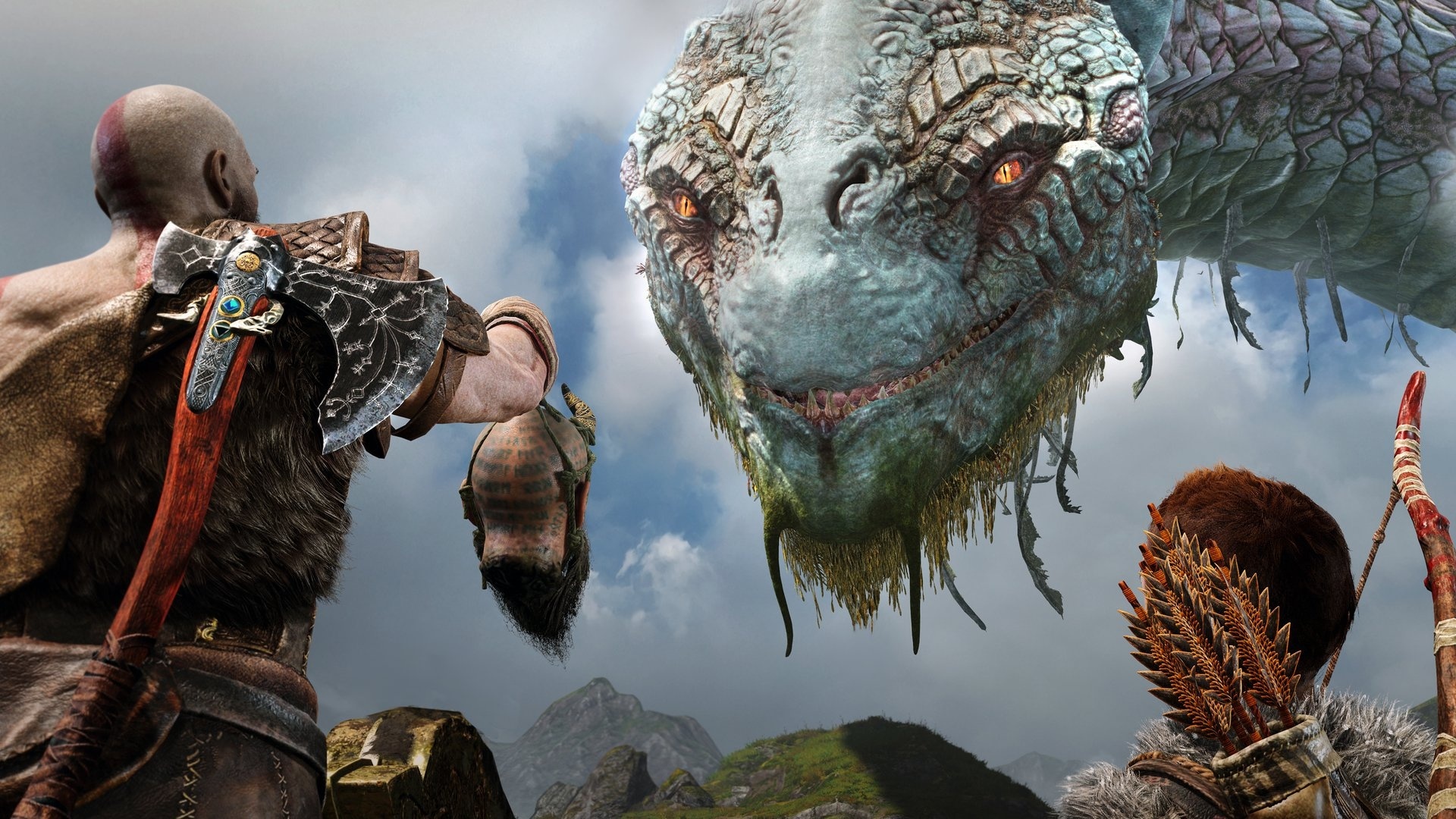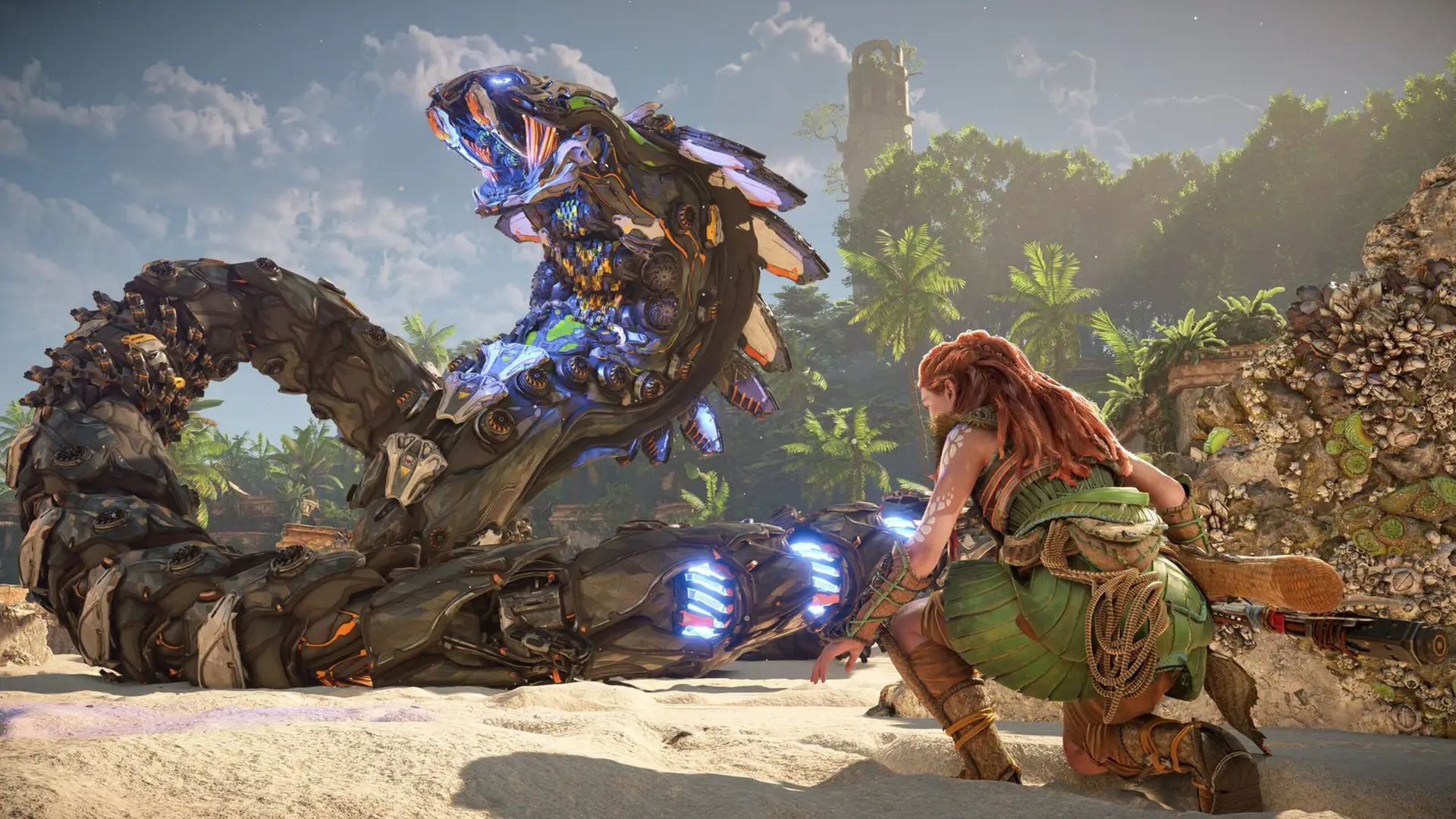
Since the day it debuted in Japan in late 1994, PlayStation has been a giant in the games industry. Saying that is, frankly, quite an understatement. PlayStation established itself as a major players in gaming at its very inception, and crucially, has followed up on that with many years of improvements and major successes. Of course, it’s not all been smooth sailing- like pretty much every major company in the games industry, Sony has made and continues to make its fair share of bad decisions, and has often seen the dire consequences of those bad decisions. If, however, you were to both look at PlayStation right now, and look holistically at what it’s achieved throughout its history, you can’t think of many other brands in the games industry that come close.
What’s the secret sauce then? What’s the key to PlayStation’s success? What exactly are the parts of Sony’s strategy that the company has nailed down so well that it only seems to be going from strength to strength, even after the massive numbers it’s seen over the years, with no signs of stopping down? The answer to that, as you might imagine, is multifaceted – you can’t boil down years of sustained success to just a few points, after all – and depending on how far back you’re looking, the answer might also vary a bit.
If, for instance, we’re looking at the last decade or so, you’d probably argue that the strength of PlayStation’s first party has been one of the biggest contributors to its growth. Exclusives and first party content have always been at the heart of PlayStation consoles, right from the very beginning. In the PS1 era, a lot of it was down to third party exclusives, which were a lot more common back then, from Metal Gear Solid to Final Fantasy, while starting with the PS2 years, Sony started developing more of its own portfolio, with the likes of God of War, Jak and Daxter, Ratchet and Clank, Sly Cooper, and more. The PS3 era, meanwhile, wasn’t one that saw any major growth maybe, but it did see the sustained success of first party franchises, including the likes of Killzone, inFamous, Uncharted, and more.
Starting with the PS4 era, however, something clearly shifted in Sony’s strategy where first party development was concerned, because it became even more of a focus than it ever had. Clearly, it carried the momentum of Uncharted and The Last of Us in the late PS3 years into the PS4 era, and applied that same level of investment and development ethos to other studios as well. Starting with Bloodborne in 2015 – which, to be fair, is not a first party-developed title – the train never really slowed down for the PS4 where first party releases were concerned. 2016 brought Uncharted 4, 2017 brought Horizon Zero Dawn, 2018 brought Marvel’s Spider-Man and God of War, 2019 brought Death Stranding, 2020 brought Ghost of Tsushima and The Last of Us Part 2, and on and on and on.
At this point, Sony has a number of studios under its belt that are considered among the most talented in the industry, and a number of major franchises that have not only enjoyed widespread critical acclaim, but also led to commercial results that have touched new heights for PlayStation. These are just a few of the many, many spectacular successes Sony has overseen in this era of renewed first party focus, which has surely yielded impressive results.
Clearly, then, first party content has only grown in importance for PlayStation over the years, having already been pretty important to begin with, and clearly, it’s only going to continue to become an increasingly bigger part of Sony’s strategy, given the results it’s brought over the last decade.
Of course, something else that has been a massive boost for PlayStation right from the get go is that in addition to its first party output, it’s also always been the go-to console for third party publishers. Because it’s no secret at all that without good third party support, your console can only go so far- just ask Nintendo. More often than not, when Nintendo has failed to get decent third party support for its consoles, it hasn’t done too well. Then there’s the Switch, one of the most successful gaming systems ever made, which coincidentally boasts the best third party support any Nintendo hardware support has seen in years.
Hell, even Sony itself has proven that if you stumble with the third parties, you’re likely to feel the effects of that. Thanks to its notoriously eccentric hardware, the PS3 is probably the hardest PlayStation console to develop for to date, which means that more often than not, the best versions of multiplatform games in that console generation were found on the Xbox 360. Significantly, that was also the generation that some key franchises that had historically been strongly associated with PlayStation also became multiplatform, with Final Fantasy being the biggest one. It’s no coincidence that the PS3 is Sony’s least successful console of all time. No, that what’s the only reason – far from it – but it was a notable one.
Other than that blip – and somehow even through most of it – PlayStation has always enjoyed excellent third party support, to the extent that it has often been (and still continues to be) the exclusive platform of choice for several third party developers. Recent years have seen Sony also expanding its efforts to attract promising indie developers and bring them into the fold in a more prominent way, which has only served to improve the variety of games on offer.
It’s that balance of strong support from first parties and third parties alike that makes PlayStation such an attractive option for players. One might even argue that it’s the only line of consoles that has managed to do that consistently over a period of years. As mentioned earlier, Nintendo has historically often struggled with third party support, while on the other end of the spectrum, Xbox hasn’t always has the best first party support on offer. PlayStation, meanwhile, has largely offered a guaranteed stream of content on both fronts throughout the years. Of course, at this point, all three platforms seem to be in a place where there’s a smattering of games to look forward to from both first and third parties- which is obviously the best case scenario, one would say.
Getting back to PlayStation though, there is, of course, more to its success than the games it has delivered across consoles for several years (though that’s obviously a massive part of it). Adaptability has been another key factor that’s allowed Sony to keep its momentum going, barring some hiccups here and there. From gobbling up a massive chunk of Nintendo’s marketshare with the PS1 to completely eclipsing the market in the PS2 years by capitalizing on its predecessor’s strengths in every way possible, Sony put almost no foot wrong in those years.
With the PS3, the company did make mistakes, and quite severe ones at that- though the recovery was a strong one. The PS3 itself saw a turnaround in its later years, and by the end of that generation, Sony was ready to build on the momentum, learn from its mistakes, and come out swinging. From that point up until now, it’s only gathered space. Yes, the PS Vita obviously turned out to be an unmitigated disaster, and Sony has no one to blame for that but itself- but one might argue that the increased focus on developing top quality console games without the distraction of an ancillary handheld platform has only been a boost for PlayStation’s first party lineup. Similarly, Nintendo’s first party output has seen similar improvements with the Switch being the only platform the company is focused on.
And of course, going along with all of that, perhaps just as crucial as anything else to PlayStation’s success, beginning from its early days right up until now, is marketing. Sony’s marketing is incredible- there’s no two ways about it. You can talk about the standout marketing moments throughout PlayStation history, of course- the standout PR, from the PS1’s iconic price announcement to the PS4’s used games sharing tutorial; the catchy slogans and marketing campaigns, from Kevin Butler back in the PS3 days to Greatness Awaits with the PS4.
More than that, however, it’s been the general savviness the company has exhibited in the way it has continued to solidify the PlayStation brand’s strengths with generally smart decisions that stands out. Again, it’s not been a faultless trajectory- the many bad decisions made in those early PS3 years are hard to forget, and sure enough, they left Sony bruised. But Sony has made the right calls on things such as pricing more often than it has not. Of course, you can’t help but look at the company’s most recent practices and wonder whether that pendulum is swinging back a little bit.
From first party games on the PS5 being priced higher to the console’s prices being raised in a number of regions, Sony has made some financial calls that haven’t proven popular with the consumers. Whether or not that ends up affecting their sales in any way, shape, or form remains to be seen, but Sony’s definitely playing a risky game. For now, it goes without saying that over the last decade, Sony has built up enough cache that it can make a few controversial decisions without it becoming a major issue for the company’s bottomline- let’s just hope Sony doesn’t feel that that is more of a buffer than it really is, because that could lead to some bad decisions in the future.
Speaking of the future- what does it look like? Saying that the PS5 is going to be another major success for the Sony isn’t exactly a genius prediction. In spite of all the supply and manufacturing issues, the console is selling very well and at great pace, and you’d imagine that once those issues behind-the-scenes clear up, that graph will only go up. On the content side of things, the PS5 has had a solid start, having already received a number of major first party exclusive titles, including the likes of Marvel’s Spider-Man: Miles Morales, Horizon Forbidden West, Ratchet and Clank: Rift Apart, Returnal, and more, with many, many more still to come.
Interestingly enough, it looks like PC is becoming a bigger part of Sony’s strategy going forward, so it’ll be interesting to see what shape that takes. With Horizon Zero Dawn, Days Gone, God of War, and Marvel’s Spider-Man Remastered, Sony has now brought over four major PlayStation exclusives to PC, while Uncharted: Legacy of Thieves and The Last of Us Part 1 also have PC versions in the works. It’s no secret that many other games are going to follow suit- the question, of course, is will we eventually see Sony doing simultaneous day and date PC launches for its games at some point? Given how things are going and how rapidly Sony is expanding its PC presence, that seems like a safe bet. We might even be seeing a little bit of that by the time the PS5 generation is ready to come to an end. That, it seems safe to say, is going to be another guaranteed source of growth for PlayStation.
Meanwhile, it also looks like like live service games are another area where Sony wants to expand- that is much more of a risk than anything else, arguably. Sony has established itself as a premier source of high-budget single player games, and now it wants to do that with multiplayer experiences as well. Apparently, the company has over 10 live service games scheduled to launch in the next three years or so. Of course, if there’s anything the last several years have taught us, it’s that live service launches are, more often than not, a hot mess. Their post-launch periods aren’t awfully better either- most purported live service games end up dying out, either because of competition, or because their developers fail to do enough to keep players occupied for a prolonged period of time. Even the games that don’t succeed see their fair shares of ups and downs.
Of course, no one is expecting every single one of Sony’s live service games to be a smash hit- even if a few of them can find a foothold, the company will probably consider that a solid foundation to build on. For that, however, the right decisions will have to consistently be made about everything from monetization and pricing to having the proper pipelines in place to have the necessary post-launch support. All of that, of course, on top of having a good game that people will want to play to begin with- which, again, is easier said than done in the intensely competitive live service space. If Sony can replicant even a modicum of the success it has achieved with narrative-driven experiences, one would imagine that live services may very well turn into another area of growth for PlayStation.
All of which is to say that the future does look bright. We started this with an understatement, so it makes sense to end with one. Then again, saying that continued growth and improvement itself speaks volumes about where PlayStation is right now.
Note: The views expressed in this article are those of the author and do not necessarily represent the views of, and should not be attributed to, GamingBolt as an organization.




















Share Your Thoughts Below (Always follow our comments policy!)